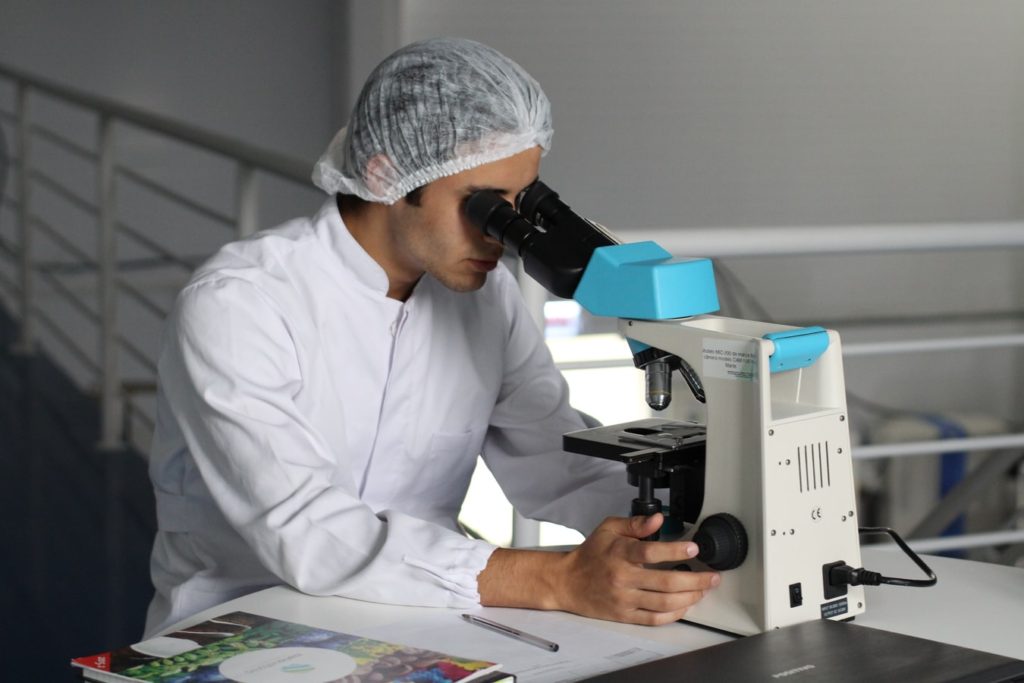I am grateful that both the Mayo Clinic and my neurologist have been thorough in performing tests for things that mimic, underlie, or exacerbate POTS. I will list the tests I know of or have had done myself and how they relate to POTS.
If your doctor has never checked any of these I would recommend that you ask them about it. In many cases your doctor will have a good reason why a certain test is unnecessary. However, it doesn’t hurt to ask.

Serum tryptase
Checks for Mast Cell Activation Syndrome (MCAS). This is a common comorbidity to POTS where the mast cells (part of the immune system) release an excessive amount of chemical mediators such as histamine. Basically, the immune system frequently freaks out on inert things. MCAS affects many systems in the body.
Urine methylhistamines
Also checks for MCAS.
Urine metanephrines
Checks for rare adrenaline secreting tumors such as a pheochromocytoma. These types of tumors may cause POTS by virtue of creating a hyperadrenergic state.
CT/MRI
Checks for brain structure abnormalities that can contribute to POTS such as a chiari malformation. Brain imaging can also rule out cerebral hypotension. Some people have had a cerebrospinal fluid leak that caused cerebral hypotension which then led to POTS.
Genetic testing or physical assessment for Ehlers-Danlos
Ehlers-Danlos is characterized by laxity in connective tissue causing, for example, hypermobility in joints. It is thought that this laxity in connective tissue relates to laxity in the blood vessels
MRI of neck in flexion and extension
This tests for craniocervical instability. This is rare, but it was the culprit for Jennifer Brea, creator of the Unrest documentary that is on Netflix and founder of the MEAction Network. She had ME and POTS for years and is in remission due to receiving surgery for her craniocervical instability.
Another POTS patient, Rachael, has craniocervical instability (CCI) in addition to a host of other related conditions like Ehlers-Danlos. If you are interested to learn more about CCI from a first-hand perspective you can check out Rachael’s YouTube channel or her blog called Gone To POTS.
Vitamin, minerals, etc.
This would include things like B12, iron, ferritin (a protein that stores iron), B1, etc. These deficiencies can exacerbate nervous system dysfunction and even mimic POTS.
Complete autonomic screening
This is a tilt table test plus some extras. They will also check how your body sweats, responds to a Valsalva maneuver, responds to deep breathing, etc. This will help distinguish between the various forms of dyautonomia.
Lyme disease western blot
The standard ELISA test catches roughly 50% of Lyme. A western blot is about 80% accurate. Scientists still have a ways to go with Lyme disease testing. Lyme disease is notorious for causing post-infectious complications. Some people have developed POTS as a post-infectious reaction to Lyme.
Homocysteine
This may be elevated in some POTS patients. I am not positive on what the connection is between homocysteine and POTS. Perhaps it is because high homocysteine indicates a B12 deficiency which can exacerbate dysautonomia. Or possibly because high homocysteine negatively impacts arterial health.
Electrolytes
Keeping electrolytes at proper levels is important to stay hydrated and the blood volume healthy. It is worth making sure you are retaining electrolytes properly.
Adrenal ACTH challenge test
This checks for adrenal insufficiency. The adrenal glands are in charge of producing hormones that regulate salt and water retention in the body. If they are not working as they should, blood pressure could drop and cause orthostatic hypotension.
ANA (antinuclear antibody)
Many people with POTS also have other autoimmune conditions such as Sjogren’s. ANA tests will pick up on a few autoimmune diseases.
EKG
Rules out any heart rhythm abnormalities.
Transthoracic echo
Rules out any heart structural abnormalities.
Infectious diseases panels
It is common for many POTS patients to have developed symptoms after an infection. Some infections may even become reactivated such as Epstein-Barr. A blood test can distinguish whether there is a current, past, or reactivated case of Epstein-Barr.
Vascular imaging
Ultrasound, MRI, and CT of blood vessels can diagnose vascular compressions. Various arteries/veins may be compressed and lead to POTS. Examples are Nutcracker Syndrome and May-Thurner Syndrome. The compression of the blood vessels causes blood to pool in areas and the heart rate increases to compensate. Varicosities in the pelvis can also cause or worsen POTS. According to my neurologist, these are all rare and usually only occur when Ehlers-Danlos is present.
Spinal imaging
Certain spinal disorders may contribute to POTS due to interference with nerve signals.
Special hematological tests
A hematologist may perform this if they suspect you have, for example, delta storage pool deficiency. That particular disease can contribute to POTS.
More
This list could go on and on. This article by Dysautonomia International has more information on a few things I did not mention.
You do not need every single one of these tests if you have POTS. You can ask you doctor about them and your doctor can determine which ones would be worthwhile based on your clinical presentation.
Disclaimer: I am not a medical professional. Statements on this site are not meant to be taken as medical advice. These statements reflect my personal experiences having mild-ish post-viral POTS and ME. Due to the wide spectrum of these diseases, comorbidities, and everyone being different, your experiences may be very different than mine.
Note: If you post a comment, this site does NOT have a feature to notify you of responses to your comment. I have not found a good solution for that yet. However, I usually respond to every comment in a timely manner, so be sure to check back.

4 Comments
If some of those tests were done during the initial diagnosing process, do they repeat any of them once POTS is diagnosed?
No, not in my experience.